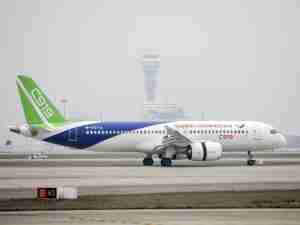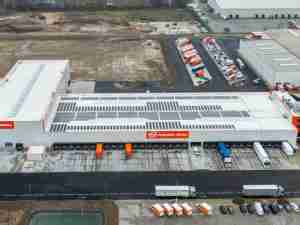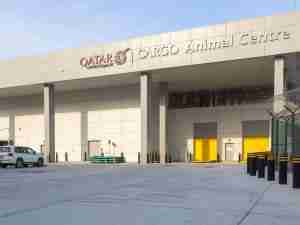Panalpina’s plan B for Bardarbunga
posted by AJOT | Sep 04 2014 at 03:27 PM | Air Cargo | Logistics
Global supply chains are at threat when volcano ash is blown into the sky. Iceland’s Bardarbunga volcano has caused no supply chain disruptions so far. Should airspace be closed because of an eruption, Panalpina has proven contingency plans in place. The company’s own controlled air freight network in conjunction with its charter and emergency services department has the flexibility to overcome any emergency issue that could cause costly production downtime, for example in the automotive and oil & gas industries.
The Icelandic Meteorological Office today temporarily issued the aviation code “red” for Bardarbunga, one of roughly 30 volcanoes on Iceland. Code “red” signifies that an eruption is imminent or in progress and that a significant emission of ash into the atmosphere is likely. In the meantime the volcano has been downgraded to “orange” again, which means that there is still an increased potential of eruption.
“We are fully prepared to prevent any potential disruption of international supply chains, especially on the Transatlantic, should Bardarbunga erupt,” says Matthias Frey, global head of Panalpina’s own-controlled air freight network. “We have the capabilities and the experience to deal with a possible closure of European and North American airspace.”
The Transatlantic is one of world’s most important routes for air cargo flows. It is a vital supply chain link for many of Panalpina’s major international automotive, healthcare, fashion and oil & gas customers.
The global freight forwarder operates two strategic air freight gateways in Europe and the US, one in Luxembourg, and one in Huntsville, Alabama. They are part of its own controlled air freight network that accounts for up to 15% of Panalpina’s air freight each year. The network uses cargo-only aircraft to handle express and special shipments, either leased or chartered – depending on the route and customer need. It is ideal for the handling of special cargo such as pharmaceuticals and medical equipment, microchips, oversized oil and gas equipment, helicopters, cars and car parts, radioactive and explosive cargo as well as high-value goods.
“Our setup in air freight is unique. It gives us unmatched flexibility. We can, for example, keep out of harm’s way and stay clear of a possible ash cloud in the north of Europe by rerouting flights,” says Frey. In 2010, when the Icelandic volcano Eyjafjallajokull struck, Panalpina demonstrated its air freight capabilities by rerouting all of its flights to and from Luxembourg to Zaragoza, Spain, in a matter of days and for a sustained period of time. This unprecedented action kept important supply chains alive and going. In one case it meant that a large European automobile manufacturer did not have to shut down one of its major production plants.
Panalpina’s air freight experts can not only quickly change origin and destination airports on both sides of the Atlantic, they can also charter additional freighter capacity, increase the frequency of flights and organize trucking services or onward flights depending on a specific volcano eruption scenario and customer needs.
“We cannot control the temper of volcanoes. But when large parts of European and North American airspace were closed four years ago, we proved that we can control the many aircraft that form our own controlled air freight network for the benefit of our customers. And just as important, we can also manage the processes on the ground, from cargo handling, to customs clearance and trucking, so that supply chains don’t collapse,” says Frey.










